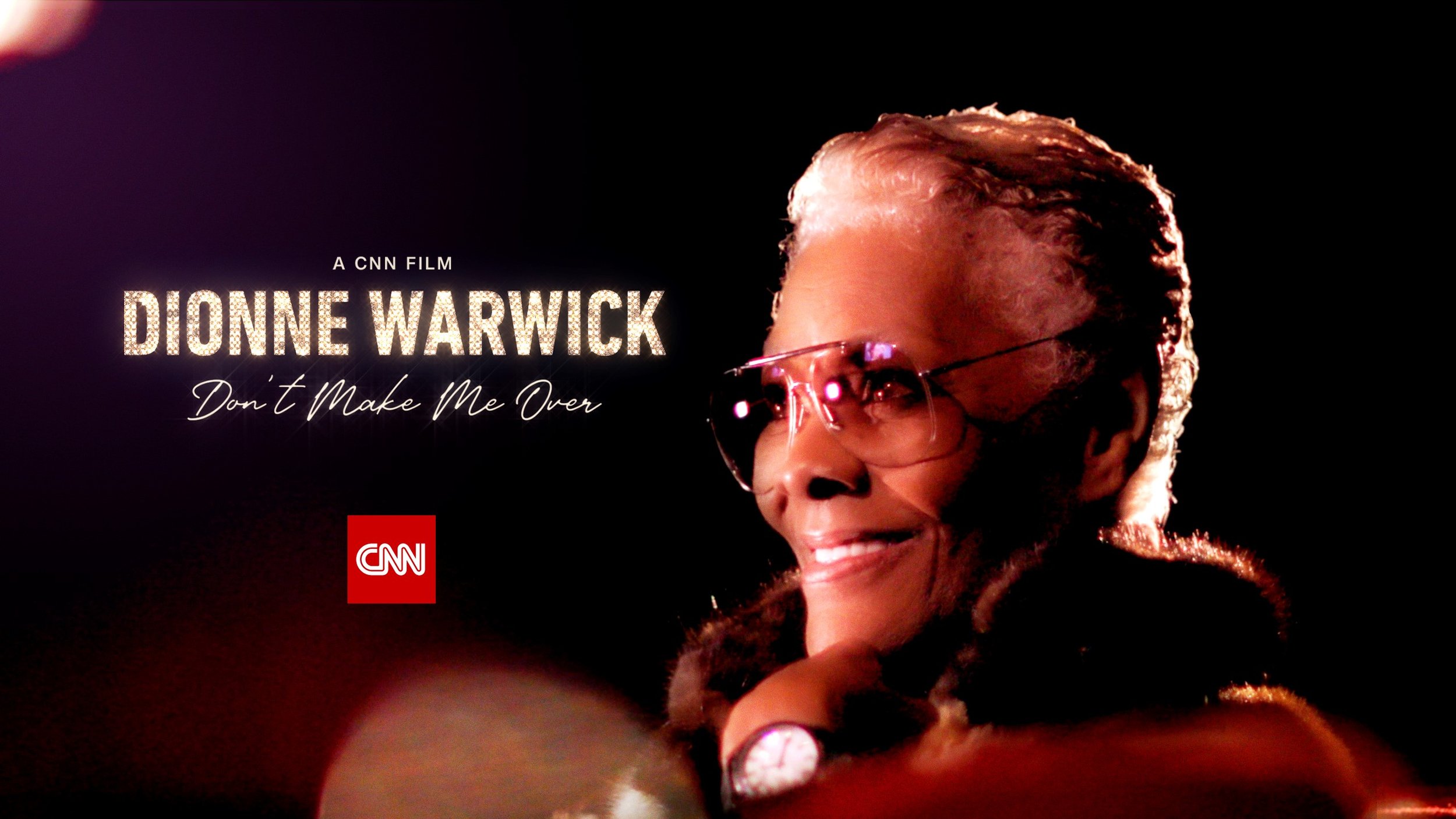In the Cut: A Spotlight on Black American Music
Recently, I was watching the third episode of the television adaptation of journalist and professor Nikole Hannah-Jones’s acclaimed The 1619 Project on Hulu. The episode focused on the myriad ways people of African descent have contributed to and defined the essence of American popular music. As her New York Times colleague, Wesley Morris, noted Black music is “uncatchable.” Notably, it constantly looks to the past to look ahead to the future and is too dynamic to contain. From bebop to rock ‘n’ roll to genre-defying artists Black music remains one of this nation’s most fertile sources of art.
The third episode of The1619 Project (Hulu) offers an insightful look at various facets of Black culture and music.
The life, career, and impact of singer extraordinaire Dionne Warwick is chronicled in this 2023 documentary Dionne Warwick: Don’t Make Me Over (CNN).
The episode eschewed hagiography and started from a more personal place with Hannah-Jones noting the albums she grew up with in her household and delving into a wide range of destinations including the Fisk Jubilee Singers, the influence of funk, disco, and rock producer Nile Rodgers (of CHIC), the fierce eclecticism of Jaime Howard, and the legacy of Nina Simone, and much more. At a time when politicians and pundits are attempting to distort the complexity of how U.S. history is taught the series provides important contexts for understanding the people and culture who have fed the music.
The 1619 episode is a thrilling overview of over a century of social music and makes for a nice companion to CNN’s 2023 Dionne Warwick: Don’t Make Me Over documentary, viewable on HBO Max. Interspersing talking head interviews with Smoky Robinson, Gladys Knight, Burt Bacharach, Berry Gordy, Alicia Keys, Stevie Wonder, Carlos Santana and Snoop Dogg (yes, you read that right) with commentary from Warwick herself, with tons of performance clips it honors her formidable career. It’s also a smart film that places her career in context. Warwick was one of the most consistent hitmakers of the 1960s scoring top 40 hits on multiple charts well into the early 1970s. In addition to spotlighting her artistry and influence the film notes her unique success crossing over to pop audiences and global audiences at a time when this was new for Black artists. Though influenced by gospel, R&B, pop, and jazz genres Warwick, who also studied music formally, balanced levity and substance deftly giving her a broad appeal. She plumbed the depths of “Alfie” and “A House is Not a Home,” found the joy in “I Say a Little Prayer,” and, later in her career, advocated for the needs for HIV/AIDs research through her recording of “That’s what Friends Are for” with Knight, Wonder, and Elton John, who is also in the documentary.
Though the crossover success of artists like Warwick, Nat “King” Cole, the artists of Motown, Michael Jackson and Whitney Houston is very important for showcasing Black excellence Black music fans have also long enjoyed “deep cuts.” These are songs by Black artists, often associated with R & B and funk, that were bigger hits on the charts indicating Black music tastes (variously called Black/Soul/R&B, etc. by trade magazines) than the pop charts. Many never crossed over to the pop charts, or reached the lower rungs, and some were simply album cuts DJs played because audiences loved them. If the names Angela Bofill, Donny Hathaway, and Maze featuring Frankie Beverly resonate you know what I mean and if you don’t check it out.
Crossover? Who needs crossover! This playlist highlights some prime examples of great Black music that never made it big on the pop charts but is beloved by fans of Black music.
The proliferation of streaming has made it easier to access the best of these tunes. Long considered “hidden gems” their enduring beauty is more accessible than ever. In that spirit I’ve created a playlist with 40 songs covering the gamut. You’ll find songs from Peabo Bryson, Teena Marie (who is white but makes Black music), Randy Crawford, Millie Jackson and more. Making this list was almost as fun as listening to it. While some of these songs have gained followers well after their initial debuts there is a lot of Black pride in the endurance of these songs, and their diversity. Dorothy Moore and Stephanie Mills are as distinct from each other as Freddie Jackson and The Brothers Johnson. The songs on this playlist, which are just a sample, tell a story of an industry that has often underestimated the power and appeal of artists who offer something different from the so-called mainstream. Among their peers, however, and their devoted fans, these songs are understood as classic tunes. One day the industry might catch up! I hope you enjoy them and will continue supporting Black music beyond February’s Black History Month. As The 1619 Project reminds us “American Music is Black Music.”
Cuts 11-27 on the playlist.
Cuts 27-40 on the playlist. Enjoy!
The list: https://open.spotify.com/playlist/0t1AHIfnRpYSaR2uekYxVr?si=e25c6158c81e4aac
COPYRIGHT © 2023 VINCENT L. STEPHENS. ALL RIGHTS RESERVED.




